Xiaomi Mi 8: great battery life only without Google
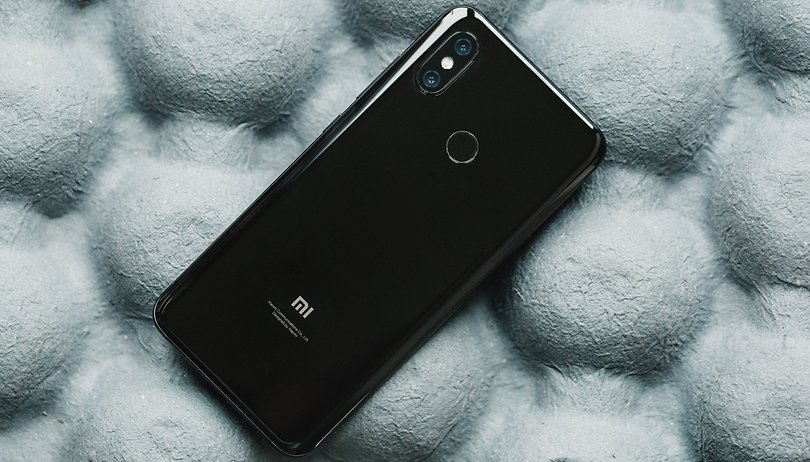

When you think of a smartphone with a very long battery life, your attention usually falls to a smartphone with a large battery capacity. But, what's important to know is that the hardware components of a smartphone and software optimization have an impact on battery life also, so it's not enough just to look at the capacity numbers. The Xiaomi Mi 8 comes with a battery that has less than 4,000 mAh and a huge display, so will it be able to withstand stress? Discover how it fared in our Xiaomi Mi 8 battery test.
An important note
Before starting to talk to you about my time spent with the Mi 8, there is an important disclaimer I have to give. The smartphone used for this review came from China and it is not the international model. From a hardware point of view, there is no difference between the Chinese model and the international model, which both have a 3,400 mAh lithium-ion battery.
What changes, however, is the software. The Xiaomi Mi 8 at our disposal uses the version of operating system made for the Chinese market, instead of the one that you will find on smartphones meant for the international market. More precisely, the MIUI 9.5.6.0 (OEACNFA) build comes without Google services, which we installed ourselves later. In addition, the new dual-frequency GPS remained active at all times, as did Bluetooth and the 4G data connection on both SIM cards.
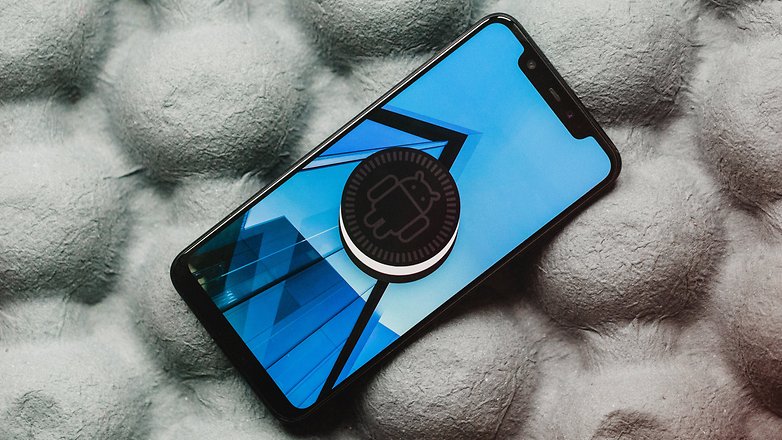
The international build will have Google apps pre-installed, and will probably use the services of the search giant in a less resource-intensive way. In addition, our PC Mark Battery benchmark test was unable to give a result due to numerous crashes during the benchmark process.
I wanted to give this disclaimer because of the huge gap between the results obtained before and after the installation of Google apps, which you can see in detail later in this review.
Lasts to the end of the day, but no further
As explained in the introduction, my personal experience with the battery life of this smartphone has been rather erratic. Before installing Google services and some essential applications from APK files, I got phenomenal battery life. The smartphone had between 6 and 7 hours of screen time, out of a total of 12-13 hours away from the charger. That result is, at least for me, more than excellent when you take into account the 3,400 mAh battery capacity.
The story changed after the arrival of the Play Store (and all the other Big G services) and the configuration of power saving options to allow the synchronization of apps and receipt of notifications. I would like to point out, once again, that certain of these measures will not be necessary in the global version of the software.
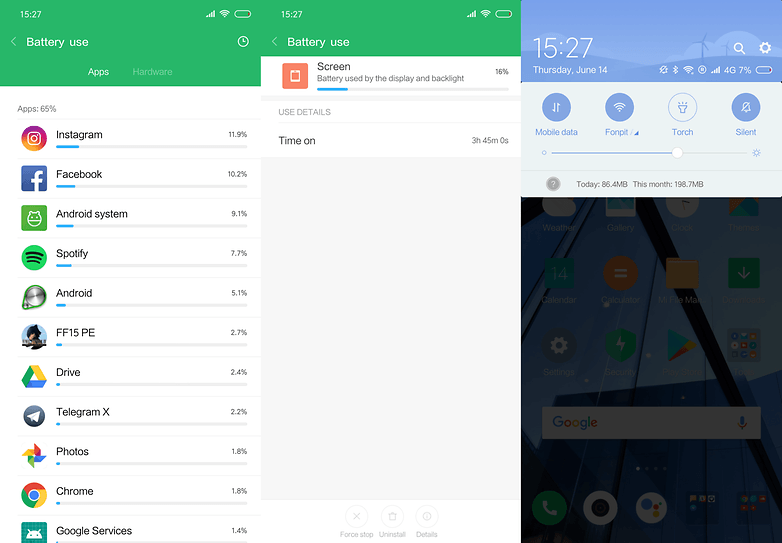
The battery life, in my test, was literally halved. Using my usual two synchronized Gmail accounts, Facebook, Instagram and all the usual apps that accompany me on every smartphone I use, I've never been able to exceed 4 hours of screen time, most of the time only about 3 hours. Fortunately, the charging is fast enough to compensate for how quickly the battery drains.
Quick Charge 4.0+ is incredible, but you can't use it
Xiaomi Mi 8 is certified to use Qualcomm's Quick Charge 4.0+. This quick charging system is also compatible with the power delivery standard used in the latest ultrabooks, rechargeable via a USB Type-C cable.
Thanks to QC4.0+, it is possible to completely recharge the Mi 8 in less than an hour and a half, starting from zero. There's only one small problem: The charger included in the box complies with the Quick Charge 3.0 standard, and currently only one manufacturer in the world sells a third-party charger compatible with Quick Charge 4.0+. So, at least for now, you'll have to make do with a little slower recharging. Our test was carried out using the wall charger included in the Razer Phone package.
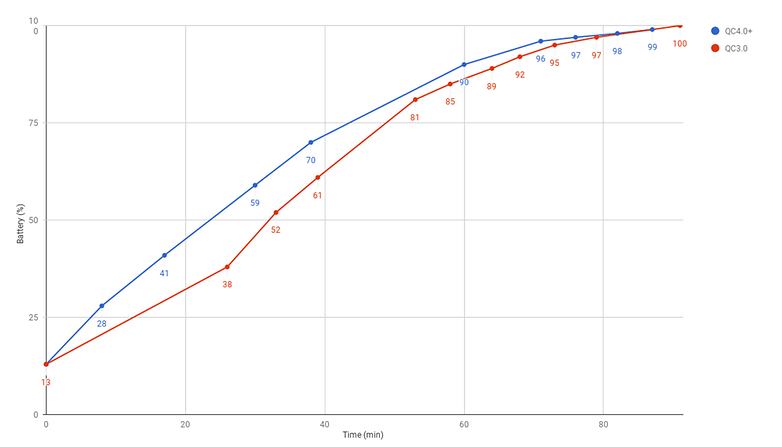
It is not a tragedy, however, since the Xiaomi Mi 8 can recharge completely in less than two hours. It would have been interesting to be able to use the wireless recharging already introduced by Xiaomi on the Mi MIX 2S, given the glass back of the device; unfortunately, the engineers of the Chinese brand must have forgotten to include it in the final design of the Mi 8....
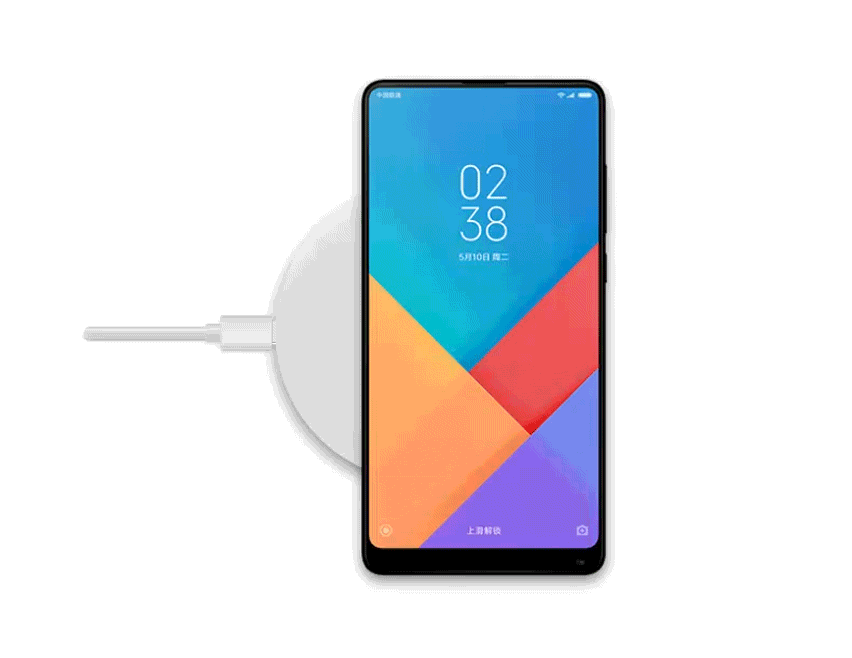
Too many confusing choices
Fortunately, there are many power saving features and power settings that you can put to work to improve your device's battery life. I know that normally we reviewers complain about the lack of choice in the various smartphone settings, but here it's the exact opposite: there are too many options, so it's easy to get lost in the various power saving menus and lose track of your changes to the settings.
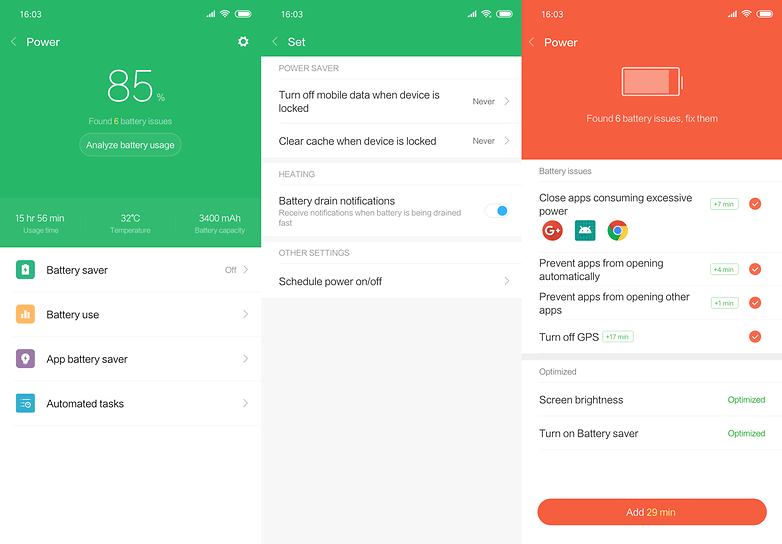
The MIUI menu dedicated to the battery is complete and functional, but maybe too much so. When opening the battery settings, you can check the percentage of charge remaining, its temperature and its capacity (which does not change over time, so that's useless). You can then choose to turn the energy saving on or off, or schedule it based on your remaining power level. An additional menu allows the management of consumption by displaying the percentage of charge used by the various apps installed, by the smartphone hardware and in standby.
A separate list allows you to choose which apps the battery saving will be applied to, but there's no indication of what this energy saving feature does exactly. I guess it will prevent the optimized apps in question from starting in the background.
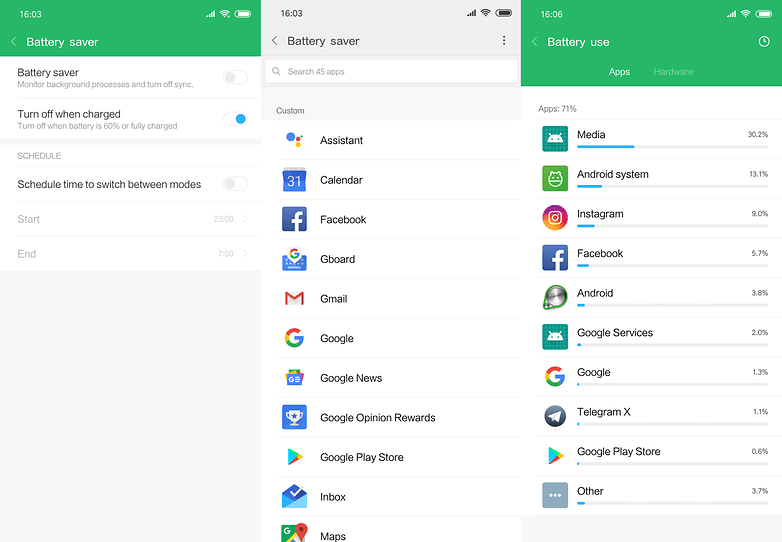
A final interesting menu allows you to plan different tasks in a totally customized way: you can choose between three initial conditions (timer, battery level or time) and a lot of actions to follow. For example, you can choose to turn on airplane mode and clean up your smartphone's internal storage every day at midnight.
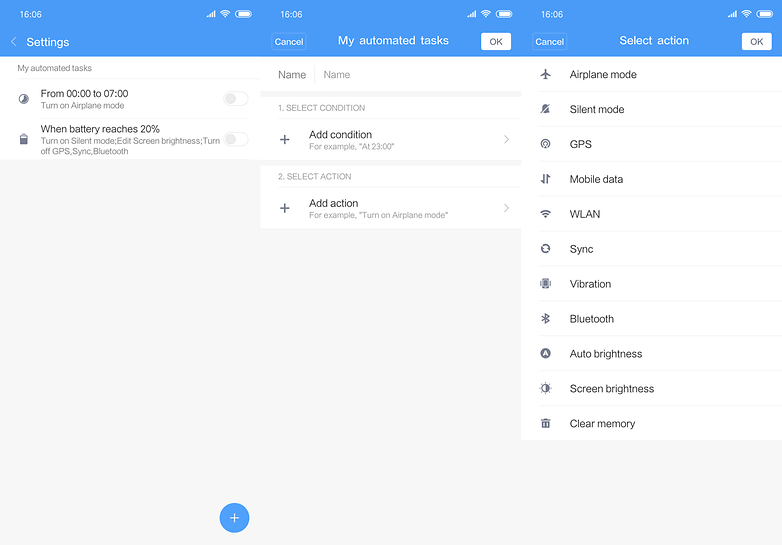
Conclusion
Unfortunately, the Xiaomi Mi 8 didn't pleasantly surprise me with regard to its battery life. After the great impression the Mi MIX 2S made, which shares most of the same hardware with this smartphone, I would have expected better results. It's not bad—Samsung Galaxy S9+ did much worse in my test—but it doesn't reach the high standards of smartphones like the Pixel 2 XL or Huawei P20 Pro.
Many of the problems I complained about will probably be solved with MIUI 10, or with the international or European firmware. But, for now, the Mi 8 is not able to survive a weekend away without charging.






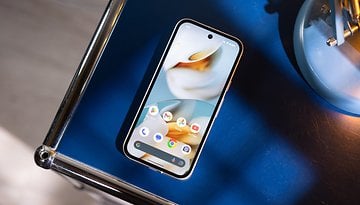
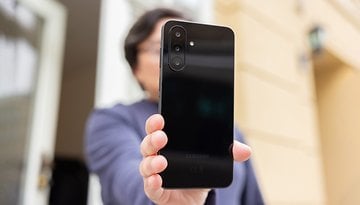
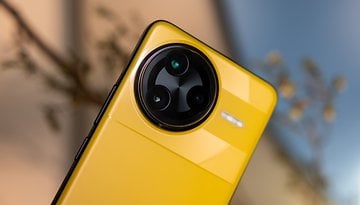








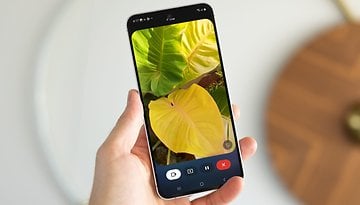


Xiaomi - please go back to the drawing board with this MI 8 (you got it half right, even ZTE doesn't fail like this) ?
I've had 3 phones with 4,000mAH batteries. I'm so use to not worrying about display brightness, leaving wi-fi, bluetooth, NFC on 24/7, no battery savers or anything else, that I don't know if I could go back to a smaller battery phone.
Never thought I would recommend another Motorola Lenovo but the Moto E Supra (aka E Plus) has a 6" screen with a 5000 mAh battery for $179.99